Tilapia feed production line for commercial use in the Philippines
-
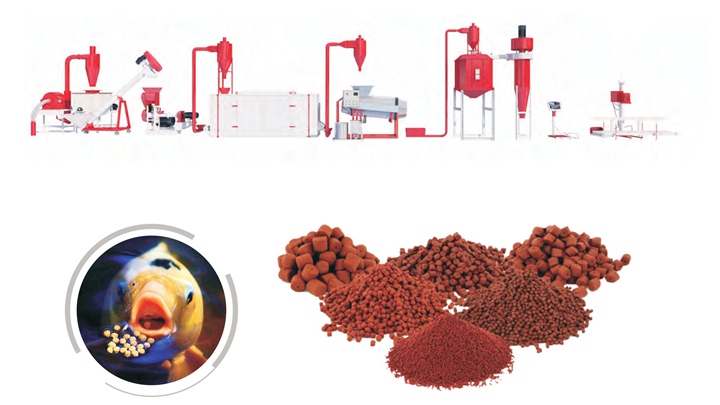
How to make tilapia fish feed-tilapia feeding guide
Feeding is as follows: twice a day, two periods: 8 a.m. to 9 a.m. and 3 p.m. to 4 p.m. Catch 30 to 50 fish every 15 to 20 days to calculate the average weight to analyze the growth of tilapia fish, which helps adjust feeding speed to help the fish grow healthily. Feeding speed also depends on the fish’s diet.
Get Price -
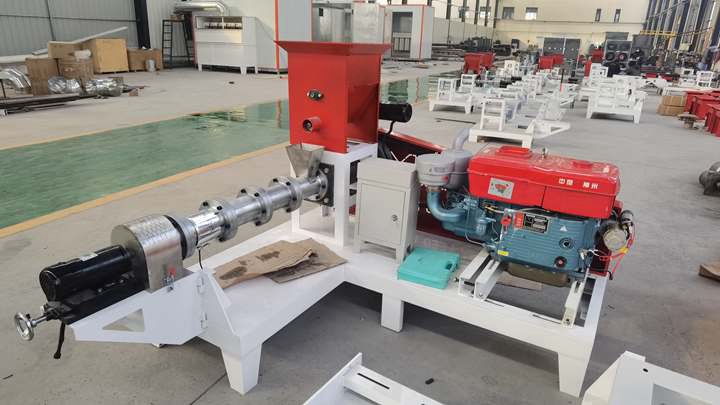
Tilapia Farming in the Philippines | APAARI Community
Inland aquaculture is one such field that has not been adequateely utilized. In the Asia-Pacific region, the Philippines has had success with tilapia. Resource poor rural communities and large commercial producers alike have gained from the inland culture of tilapia. The fuel crisis of the 1970s severy damaged the Philippine marine fisheries sector.
Get Price -
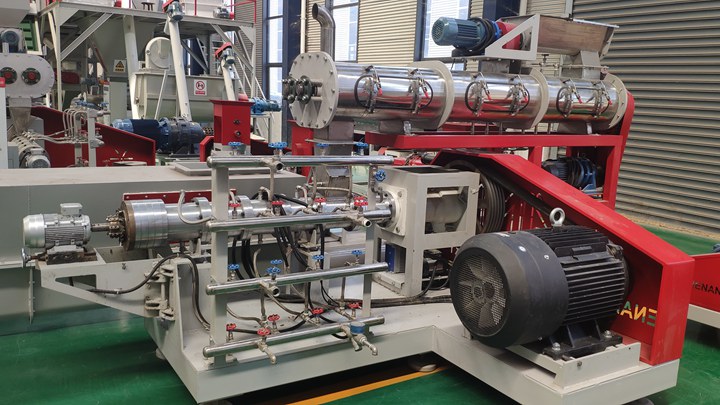
FAO: Feed formulation
The ingredient composition and formulation of commercial tilapia feeds is usually the proprietary of the manufacturer. However, in some cases, due to labelling laws, the list of ingredients used is indicated on the feed bag but usually inclusion rates are not provided . For example, tilapia feeds produced by San Miguel Foods, Inc., in the Philippines contain the following ingredients: corn, soybean meal, fishmeal, poultry by-product meal, brewer’s yeast, corn gluten, rice bran, copra meal
Get Price -
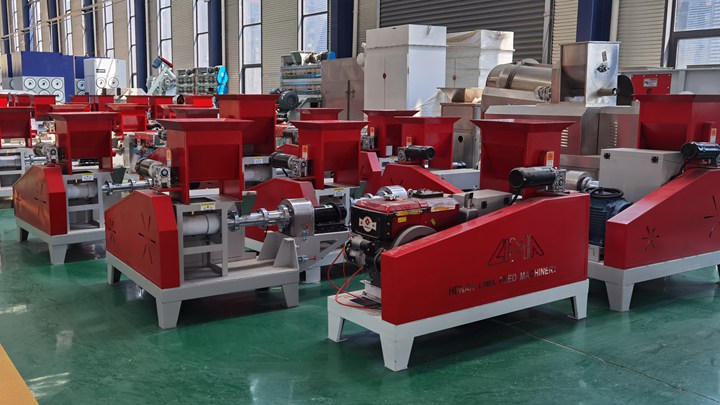
Tilapia Aquaculture in the Philippines
The University of Arizona and Central Luzon State University have collaborated for many years to develop low cost feeds, tilapia-shrimp polyculture and to co-host the Sixth International Symposium on Tilapia Aquculture in the Philippines. The technologies developed will benefit tilapia farmers around the world as the investigators and students
Get Price -
.jpg)
A positive Fish Feed Market in Philippines
Among the important changes made in these new diets are the use of better quality feed ingredients (e.g.white fishmeal), higher dose of vitamin C, and incorporation of anthoxanthin and immune-enhancers (e.g.1,3-D glucan, glucose-mannan compounds). These special feeds generally cost US$ 0.10-0.20/kg higher than regular shrimp feeds.
Get Price -
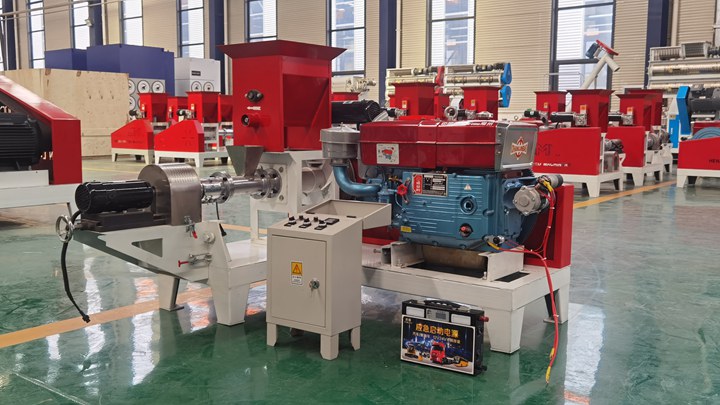
Filipino tilapia hatchery operator shows innovation is king
Jan 31, 2020 · Lugagay uses different strains of tilapia to produce heat-tolerant fingerlings that can adapt to the changing climate. Diet is an important aspect of conditioning the broodstock. A combination of dried krill and commercial feed produces more eggs and healthy fingerlings. “Dried krill is high-nutrient, floats and is palatable to the fish.
Get Price -
.jpg)
Tilapia Fish Feed Formulation; Tilapia Feed Ingredients
Apr 09, 2021 · Commercial tilapia feeds are formulated, cooked, extruded, and pelletized diets typically containing 32 – 40% protein. This can be a fish meal or soy-based protein, with the former being more palatable to the tilapia fish. Floating pellets are generally recommended, as they remain on the surface until consumed.
Get Price -
.jpg)
Tilapia feed pellets making solution - Fish Feed Machinery
The tilapias of North Africa are the most important commercial cichlids. Fast-growing, tolerant of stocking density, and adaptable, tilapia species have been introduced and farmed extensively in many parts of Asia and are increasingly common aquaculture targets elsewhere.
Get Price -
.jpg)
Tilapia Philipine.pdf - 614 Better management practices for
View Tilapia Philipine.pdf from PSYCH MISC at University of California, Los Angeles. 614 Better management practices for feed production and management of Nile tilapia and milkfish in the
Get Price -
.jpg)
Tilapia Production and Fish Pond Farming in the Philippines
Sep 28, 2019 · Place chicken droppings in sacks and suspend in the water at every corner of the pond. Put 2.5 kg of chicken manure per bag. Maintain a water depth level of 1-1.5 meters. Gradually remove excess fingerlings after the third month of stocking. Retain 6 fingerlings/sqm. Excess fingerlings can be used in the manufacture of fish meal
Get Price -
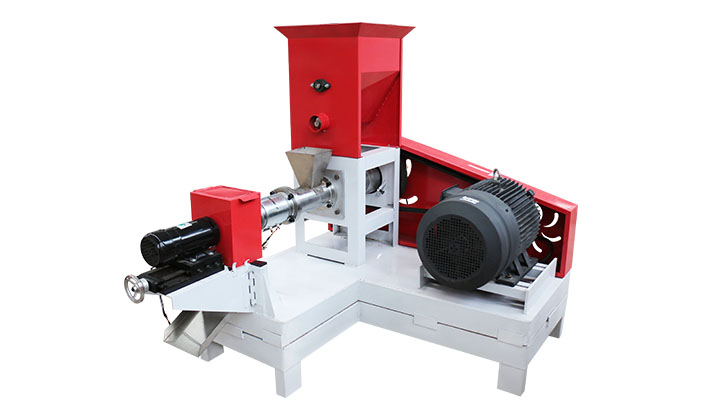
Improving the Supply Chain of Tilapia Industry of the Philippines
Dagupan is the major tilapia transshipment point for Northern Luzon. Many farmers employ a 'circuitous' production technique to meet markets' preferences. Direct buying and selling at central markets are the common operations of the tilapia industry. Consumers generally prefer whole live fish with size from 250-300 grams per fish.
Get Price -
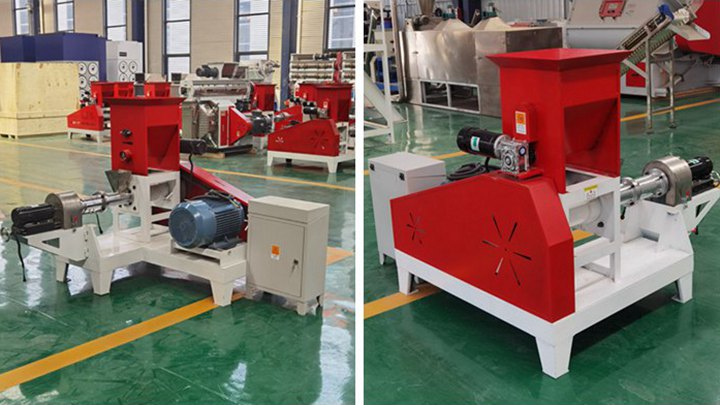
BFAR promotes use of natural food in tilapia culture
Nov 26, 2019 · TUGUEGARAO CITY, Cagayan -- Fisherfolk may now be able to grow tilapia at lower costs by using naturally available food as supplementary feed to provide extra nutrients to the fish in addition to commercial feeds. Senior aquaculturist Jennifer Tattao of the Bureau of Fisheries and Aquatic Resources (BFAR) 2 (Cagayan Valley) said data from the
Get Price -

Tilapia farming in the Philippines: practices, problems and
Guerrero, R.D. III. Tilapia are important food fish cultured in developing countries. In the Philippines, in terms of annual production these fish are second to milkfish in importance. Various farming techniques are applied by the industry for commercial tilapia production in fresh and brackishwater ponds, and cages and pens in lakes.
Get Price -
.jpg)
(PDF) Better management practices for feed production and
Sep 25, 2019 · In the Philippines in 1995, there were 25 commercial feed mills and four non-commercial aquafeed manufacturers, producing an estimated 148 000 tonnes of aquafeeds per annum (Cruz, 1997).
Get Price -
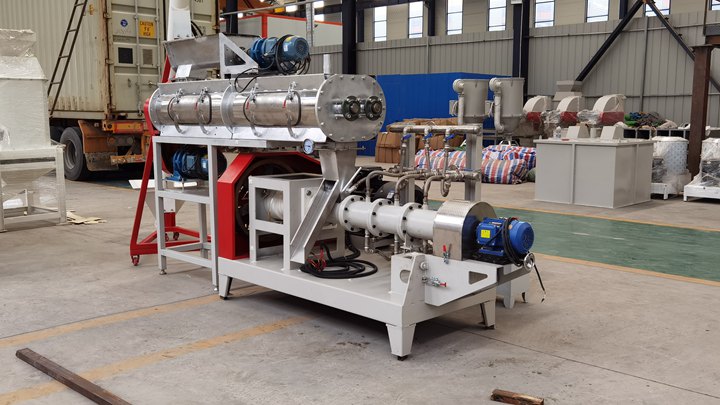
Tilapia – Industry Strategic Science and Technology Plans
Tilapia Industry Profile. Tilapia is the second most important cultured species in the country accounting for 281,111 MT total production in 2021. Philippines’ total production was 263,871 MT in 2020, which makes up 20% of the Philippines’ aquaculture production, with Central Luzon as the leading region with tilapia production of 136,218 MT
Get Price